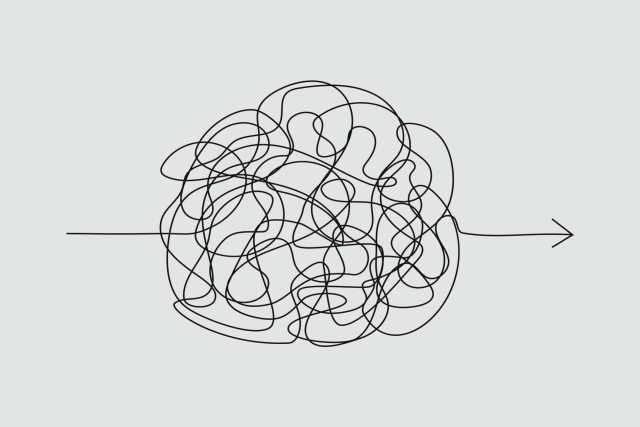
YOU MAY SAY YOU’RE FINE, BUT: ARE YOU OK?
How are you? It must be the most commonly asked question in the world, a rote pleasantry that’s answered on autopilot. “Fine, thanks. You?”
The trouble, for some of us, is that it’s just not true. We are not fine, thanks.
In some superficial respects, men have never looked after themselves very well, but when it comes to real wellness – our mental health – the stats are depressing.
According to the Men’s Health Forum in the UK, men account for 73 per cent of adults who go missing, 87 per cent of rough sleepers and 95 per cent of the prison population. And since 2007, suicide rates amongst men aged 45 to 59 have shot up by 40 per cent to make this the highest risk demographic.
Why? It’s a question far too many bereaved families and friends are left to ponder in their grief.
Even in 2018, men are trapped by stereotype. Gender conditioning takes place from birth when boys are dressed in blue, girls in pink. Boys are told to toughen up, creating men who are uncomfortable showing apparent weakness or admitting failure.
We put on a front, a filter. We say we’re ‘fine, thanks’ even when we’re not. Comparison to an impossible ideal – the peer pressure to feel like you should be doing something or to be something you’re not – is a mental-health issue in itself that can lead to depressive thoughts, low self-esteem and anxiety.

Though societal expectations are changing, it’s still not in our culture to talk openly about feelings and emotions so when we lose control of them, we’re ill-equipped to deal with it. Many of the alpha male traits that make men ‘men’ – toughness, competitiveness, stoicism – are the same traits that ‘unmake’ us. They leave us more vulnerable to mental-health problems but less likely to be open about it or to seek help before it spirals out of control.
Ask men about work, sport and we’ll talk till closing time. We’ve no issues interacting on a surface level. But beneath the banter and bluster? There is so much we do not talk about.
Certainly, if the subject veers towards mental wellbeing, things often get awkward. We fall silent. And silence can be deadly. But a conversation could change a life.
According to suicide prevention charity R U OK, each day on average, eight Australians take their own lives. Suicide is, of course, the extreme but mental health is a spectrum and we’re all on it. Even those people to whom you unfairly compare yourself – whether on social media or in your social circle – have their own issues.
Mental health does not discriminate, no-one is immune. It affects every Tom, Dick and Prince Harry. As the latter said during a speech on World Mental Health Day in 2016, “Too often we think mental-health problems are things that happen to other people, not us. But we will all experience pressure on our mental health at some point during our lives. The more we accept that, the better we can help each other. Catching it and recognising it early saves lives. It’s time we ended the shame around mental health – the fear of judgment that stops people talking or getting help.”
The suicide last year of much-loved food writer and TV presenter Anthony Bourdain brought this issue back to the fore. We talked about it, we read articles about it, we saw dozens of posts on our timelines with hashtags such as #itsoknottobeok and #checkonallyourfriends. A conversation could change a life.

In the rush hour of life – the peak busyness of career or parenthood or just in retirement – we can neglect to make time for ourselves when we need it, and for our friends when they need it. This was brought home to me very recently. I’m in a WhatsApp group with 12 former work colleagues – a band of brothers bound together by having withstood a tough work environment years ago.
Generally speaking, the chat is dominated by the usual piss-taking and meme-sharing but we also know from past shared experience that we need to look out for each other. Recently we learned via a subset of the group that one of our number has suffered a breakdown.
“Guys, I’m really worried about him,” read the text. “We need to rally round.” And so that’s what we’re trying to do. In among the thread of conversation that followed, this line stuck out. “It’s not mental health, it’s just health. Until we see mental health on a par with physical health, the stigma won’t go away.” Ain’t that the truth.
So I ask once again, are you OK?








